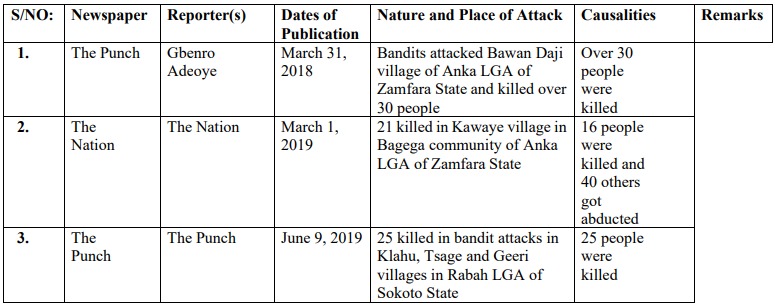ANALYZING THE HISTORY AND EXPLORING THE FUTURE OF BASIC QUALITY EDUCATION IN NIGERIA: IMPLICATIONS FOR SDG FOUR
DOI:
https://doi.org/10.71146/kjmr504Keywords:
Basic Education, Quality Education, Nigeria, SDG Four, Education History, Future of EducationAbstract
The inspiration for this study stems from the United Nations member states' decision to unveil a global development agenda set to span fifteen years (2016–2030). Every member country, including Nigeria, was required to formally adopt, domesticate, and integrate the Sustainable Development Goals (SDGs) into their national development planning strategies. This agenda, code-named Agenda 2030 to signify its terminal year, prioritized key global objectives, with SDG 4 focusing on inclusive and equitable quality education a critical area for Nigeria given its historical challenges in basic education implementation. Using speculative, prescriptive, and analytic modes of philosophical inquiry, this study examined Nigeria’s policy alignment with the SDGs, particularly Goal 4, which emphasizes lifelong learning opportunities for all. The research identified significant barriers hindering the achievement of SDG 4, revealing a wide gap between policy formulation and implementation. The challenges included inadequate funding, insufficient infrastructure, lack of instructional facilities, and systemic corruption. To meet the 2030 deadline, the study recommends that the Nigerian government strengthen support systems for basic-level teachers, increase education funding, improve infrastructure and instructional resources, reduce out-of-school children by enforcing free basic education as mandated in the National Policy on Education. By addressing these issues, Nigeria can make meaningful progress toward SDG 4 and contribute to the global 2030 agenda.
Downloads

Downloads
Published
Issue
Section
License
Copyright (c) 2025 Abdulkadir Ruwah Muhammad (Author)

This work is licensed under a Creative Commons Attribution 4.0 International License.






